What Is The Meaning Of the Sanskrit Word "Yoga"?
All About Yoga.
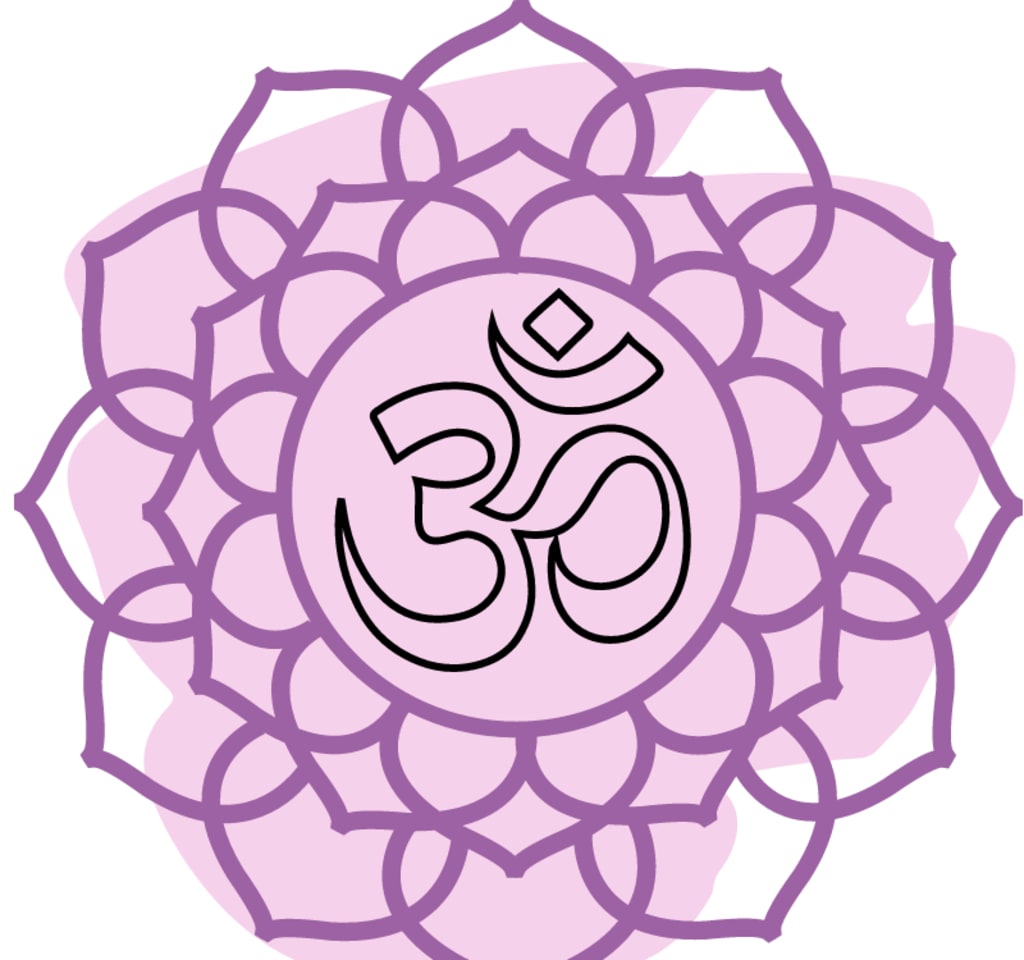
1.What is yoga?
The origin of yoga is said to be in the Indus Valley Civilization, which was born in the Indian region around 2500 BC.
Later, around 200-400, the Yoga Sutras were created by the Indian philosopher Patanjali. Yoga Sutras is a systematic compilation of yoga and is the oldest source of yoga scripture. Yoga Sutra teaches how to look at your true self from the inside, focusing on meditation, and introduces a step-by-step method for deepening and enlightening yoga called the Eight Branches. Also, Yoga Sutra's yoga was not a dynamic one centred on the current asana (pose), but a yoga centred on meditation and sitting.
Around 1200-1300, Hatha yoga was born, which consisted of asana (pose) and breathing (pranayama) in addition to meditation and sitting, which had been the center of yoga until then.
2. Basic yoga terms
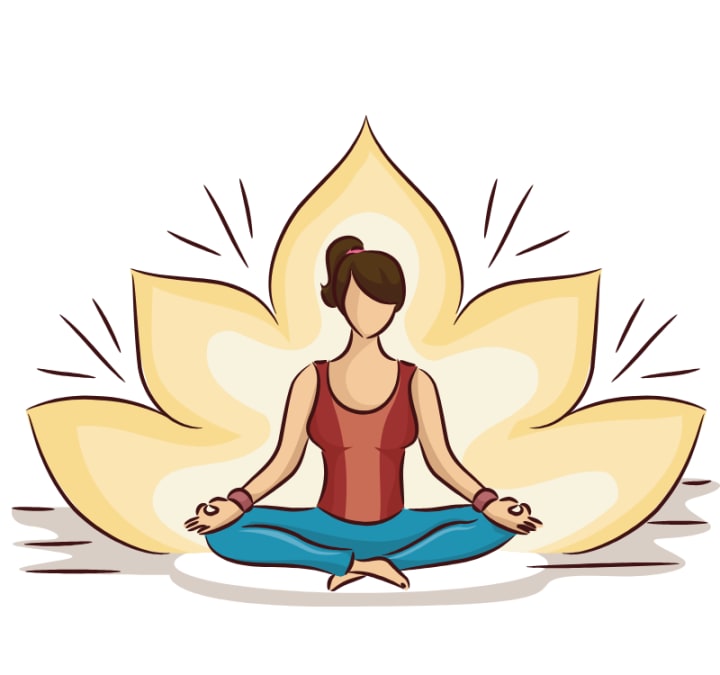
- Yoga (yoga) -Meaning to connect, connect. The Sanskrit word "Yuj" is the etymology of the practice of connecting the body, mind, and soul to God or the universe.
- Hatha yoga - "Ha" means the sun = yang, "ta" means the moon = yin, and yoga means "join, connect". Hatha yoga is a yoga that consists of dynamic asanas and breathing techniques.
- Mudras yoga- One of the hatha yoga techniques. It means the shape of a finger and is considered to have an important meaning for incorporating cosmic energy into all finger shapes.
- Yogi - A person who does yoga.
- Namaste - Indian greeting. Meaning such as "hello" and "thank you". It is also an expression that indicates the position of the hand in the pose, such as "Reverse Namaste (holding hands on the back)" from the place where you greet with your hands together.
- Prana - The power of life, the energy of life.
- Karma - Action. All deeds. The results of karma are thought to affect the afterlife.
- Shiva - God of destruction and creation. Along with Vishnu and Brahma, the three Hindu gods. It has been regarded as the god of yoga throughout all ages.
- Brahman - Absolute existence. The highest principle of the universe. In philosophy, the concept of Artman.
- Mantra - Mantra. Sacred sounds, prayers, and songs. By chanting, you can increase your concentration and change your mind.
- Chanting - Chant. Reciting the mantra.
- Shanti - Peace, peace. One of the mantras.
- OM / AUM - A mantra that is said to be the oldest sacred sound consisting of single syllables o, u, and mu. It symbolizes absolute existence. Similar to "Amen".
Chakra
Meaning of "wheel". The seven centers of psychological energy are scattered throughout the human body. Activated by prana.
- Kundalini -The fundamental energy of life that exists in the human body. It is also called "Shakti" and is said to be around the coccyx.
- Aura - Reiki emanating from living things.
- Alignment - The position of each part of the body in asana.
- Adjust -Adjusting, modifying, adjusting, and orienting energy in poses.
- Sequence - A series of steps in which several types of poses are performed in succession. The order is also meaningful, and it is structured so that the effect will be enhanced by continuing it.
- Vinyasa - Synchronizing breathing and movement (also called flow). Or an action like part of a sun salutation that connects poses.
- Bandha - The meaning of "tied up". In hatha yoga, a technique that controls by tightening each part of the body so that prana (energy) does not escape. There are three types: Mura Banda, Udyana Banda, and Jalandara Banda.
- Shavasana - One of the asanas. Meaning Shikabane after Sanskrit. The ultimate relaxing pose.
- Inhale - Take a breath.
- Exhale - Take a breath.
- Deep brushing - Take a deep breath.
- Ujjayi - Breath of victory. A breathing method that closes the back of the throat and makes a fricative. It has the effect of taking in prana, filling it with energy, and increasing concentration, and calming with sound.
- Flexed - A foot with an ankle bent at a right angle.
- Point - Stretch your legs.
- Grounding - A sense of stability with your feet firmly on the ground.
Ashtanga
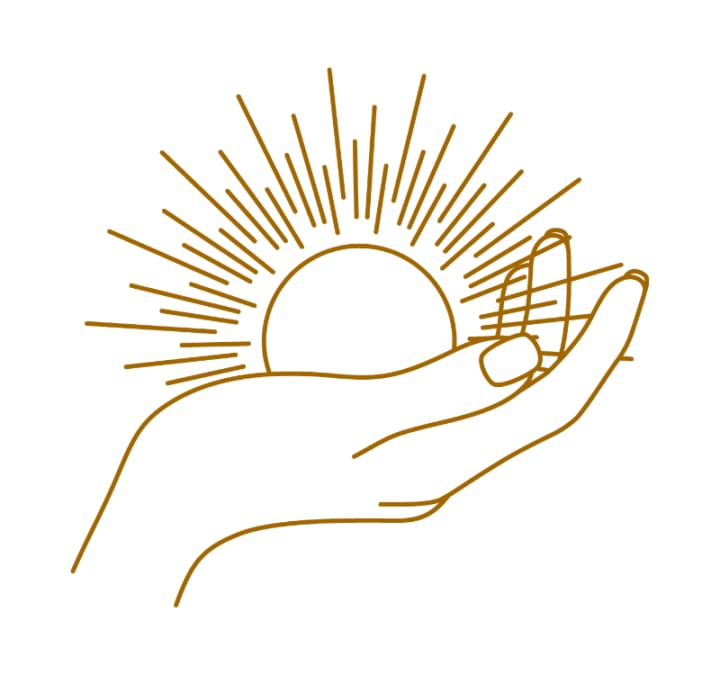
Eight stages of yoga practise are known as the eight rules.
1. Yama (forbidden)
Yama is five tips that summarize what you should not do in your daily life. Thoughts and behaviours are decided based on nonviolence, non-theft, and abstinence.
- Ahimsa (non-violence, non-killing) -The etymology is not to cause pain, not to be angry with anyone, and not to use violence against others by actions or words.
- Satya (do not lie) - I can't lie to protect myself. To that end, keep your words, actions, and thoughts consistent.
- Asteya (non-theft) - Don't take away someone else's things, time, or trust. Let go of your obsession and stop selfish behaviour.
- Brahmacharya (abstinence) - Avoid satisfying selfish desires and focus life energy where it is needed.
- Aparigraha - Don't be obsessed with things and give up your desires.
2. Niyama (Yoga Principles)
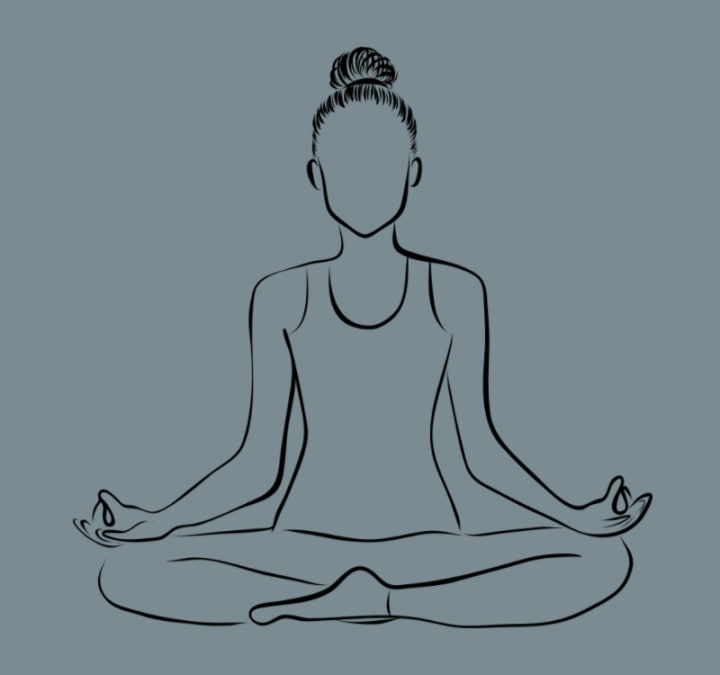
Niyama is five things you should do in your daily life. It includes things that you want to know as a person, such as preparing your mind and paying respect.
- Shaucha (clean) -Keep your mind and body clean. Avoid negative thoughts.
- Santosha (satisfaction, wisdom)-Be satisfied with your existing environment, abilities, and health. Don't forget to be grateful for what is commonplace.
- Tapas (penance, self-control) - Accept and work on difficult situations as a source of growth.
- Svadiya (reading, learning, aspiration) - Read a book that will guide you in the right direction.
- Ishvarapranidana (faith) - Don't forget your gratitude and respect, and leave yourself to nature and changes in the times.
3. Asana (sitting)

Asana is a sitting method for deepening meditation, with the etymology of "earth", which is a tool and posture for meditation. Train your body by practicing various poses so that you can endure long meditations. By focusing on your own mind and body without comparing with others, you can improve your physical ability and prepare your mind.
4. Pranayama (breathing method/air conditioning method)

Pranayama prepares your breathing to deepen your meditation. It also aims to relax the mind and body by calmly breathing and sending oxygen to the brain.
5. Pratyahara (sensory control)

Pratyahara is to reach the point of meditation by turning the five senses that are facing outwards inward and raising the inner senses. By calmly and objectively looking at yourself, you can create a spirit that does not shake with daily events.
6. Dalarna (concentrated)

Dalarna is about being truly focused, improving your concentration, and staying for a long time. The more focused you are, the more power you have to go there.
7. Diyana (meditation)

Diyana is a Sanskrit word for meditation, a state in which one is freed from confusion and unconsciously gathers for sensory control and concentration. In English, meditation.
8. Samadhi (enlightenment)
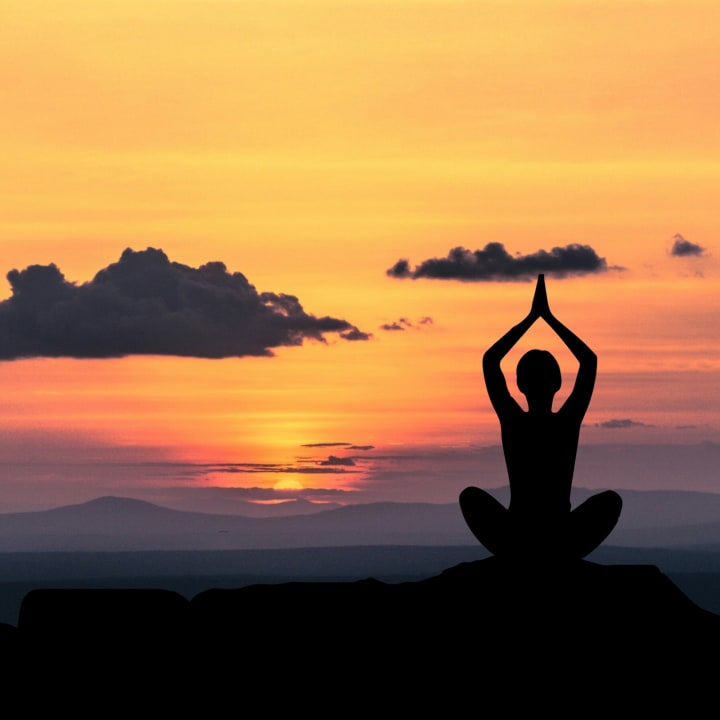
The ultimate goal of yoga, Samadhi, is to be continuous enlightenment. When you can meditate for a long time, you will be in a state of samadhi.
Ayurveda

Indian traditional medicine. The Sanskrit word for "life science" is a combination of Ayus (life) and Veda (science). It is said to improve the self-healing power by adjusting the body and mind and harmonizing with nature.
Macrobiotic

A diet that aims to stay healthy while maintaining a balance between living things and the environment. Organic vegetarianism. Animal foods are prohibited.
Conclusion
We all know yoga keeps you healthy and stay focused, Yoga helps you in many ways there is a lot of benefit of doing yoga. Always remember the Gautam Buddha Said
What you think you become
About the Creator
Alissa Rose
Hello, Everyone I'm Nikita Singh I'm a writer, Blogger, Designer. I love to write people want to read. I'll also write on Quora, Medium. My full-time profession is Writing and blogging. This is my medium profile https://nikkiiii.medium.com/






Comments
There are no comments for this story
Be the first to respond and start the conversation.